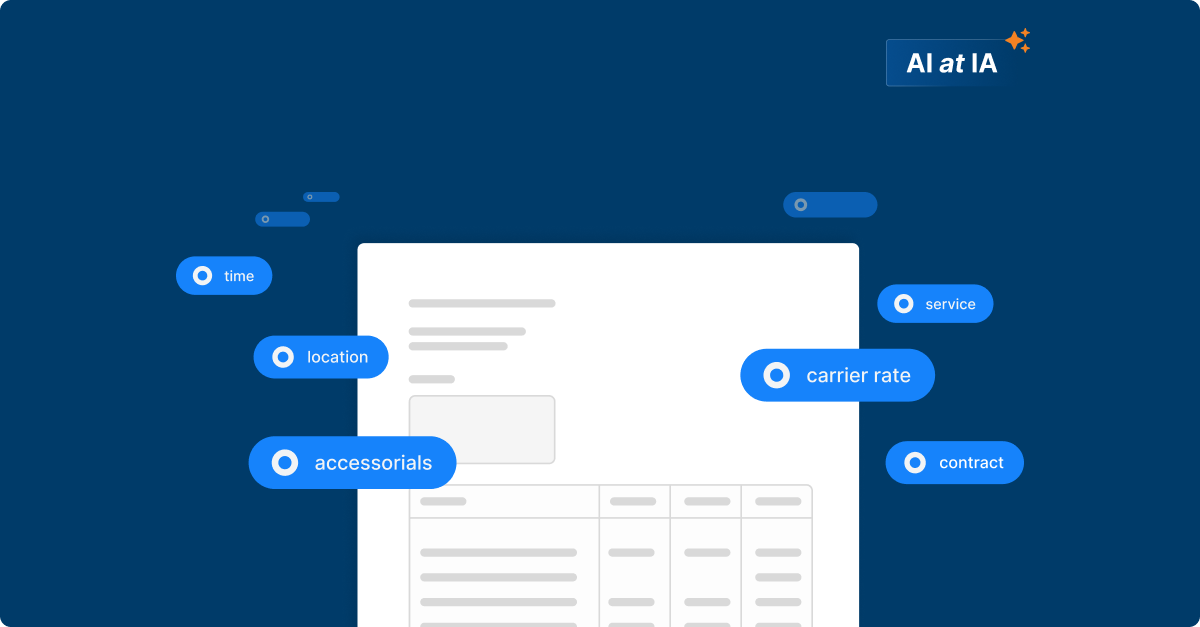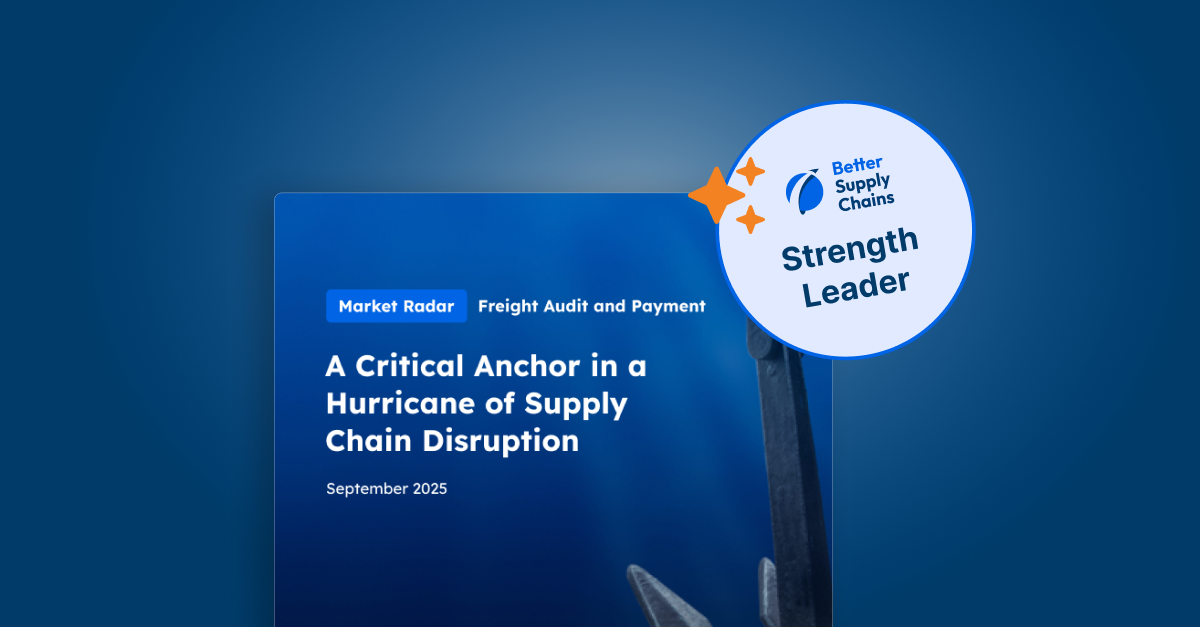Domestic Freight Terms to Know for a Better Freight Invoice Audit

Even as the world at large continues to recover from the unprecedented effects of the COVID-19 pandemic, the need for reliable insights and financial guidance has never been more vital for shippers. Freight invoice audit services can make a huge difference in recovery for shipping and transportation companies of all sizes, especially as disruption continues. According to an October 2021 CNBC report, "Different parts of the world have experienced supply chain issues that have been exacerbated for different reasons, too. For instance, power shortages in China have affected production in recent months, while in the U.K., Brexit has been a big factor around a shortage of truck drivers. The U.S. is also battling a shortage of truckers, as is Germany, with the former also experiencing large backlogs at its ports." Along with a robust freight auditing process, there are several standard domestic freight terms that shippers need to know if they want to be productive in the fast-paced world of domestic freight shipping surcharges and fees.
Bill of Lading
Managing freight invoice audit data hinges on ensuring all documentations are accurate. BOL papers are legal documents issued by a carrier to a shipper and outline vital details about a specific load. These papers provide access to information about the type, quantity, and destination of all goods transported in a load.
Freight Class
Freight class is a standardized system used in the supply chain today to classify load and freight types so that streamlined collaborations can occur between multiple brokers, warehouses, and carriers. Establishing this system involves thorough shipping audits of many factors, including handling, value, weight, safety, density, and liability of any material contained in the load. Also, actionable analytics can help your team identify when the wrong freight class is assessed and avoid overcharging in such instances.
Fuel Surcharges
When shippers look at the results of an accounts payable audit, there will likely be a lot of pings for fuel expenses and surcharges. Fuel surcharge fees are additional costs levied on orders to account for changes in fuel prices between the time a load agreement was finalized and the actual shipping of the load occurs. Furthermore, the changes in fuel costs in Q1 2022 mean shippers need to stay even more vigilant, using actionable intelligence and normalized data to know what fuel surcharges exist across all carriers.
Volume Rate
Volume shipment rates are commonly seen in spot market bids as these are rates quoted by the carrier or driver at the time of shipment. Volume quotes can be used in addition to or in place of standard LTL freight volume calculations and rates and are a common line item seen on domestic freight invoice audits in the market.
Through Rates
A through rate is a specialized shipping calculation related to the distance between the point of origin and the delivery destination. The charges for transporting a load must accommodate particular shipping requirements and expenses. These shipping costs often occur and commonly appear on a freight invoice audit review.
Detention and Dwell Time Surcharges
When looking at domestic freight terms to know when reviewing auditing reports, fees related to dwell times must not get overlooked. Dwell time, demurrage, and detention fees are all about lag times between loading and unloading of containers. Ultimately, if the carrier has to wait longer to leave the loading dock at a warehouse or port, the shipper will get hit with a dwell time surcharge fee for it.
Linehaul Rate
Per-load linehaul rates are most commonly quoted at the beginning of contract negotiations between shippers and drivers. These rates are usually reflected in dollars and cents per mile and take into consideration time, fuel, labor, and other factors. They are a common point seen on freight invoice audit reports.
Live Animal Surcharge
While they are not the most common expense breakdown seen on freight invoice audit reports, shippers who specialize in handling live animals and livestock will see live animal surcharges on their accounts. These fees help cover additional financial and labor-related expenditures associated with transporting living animals.
Other Custom Accessorials
In addition to the standard domestic freight terms that can appear on a freight invoice audit, there can be dozens of accessorials and additional fees small retailers need to know. Knowing what they are and why they're charged when they show up on invoices is vital, which is why a professional auditing expert can help ensure invoice accuracy.
Know the Top Domestic Freight Terms & Let Intelligent Audit Make Sense of the Data
Now more than ever, access to fast and reliable freight invoice audit services is vital for continued recovery in the domestic supply chain. Shippers can better navigate the freight shipping market with enhanced business intelligence and insight. Reliable freight audit data can help paint a clear and precise picture of the state of local and regional supply chains. Contact Intelligent Audit today to get started and finally attain a single source of truth for shipping spend, deriving actionable insights to help your team stay strategic.



